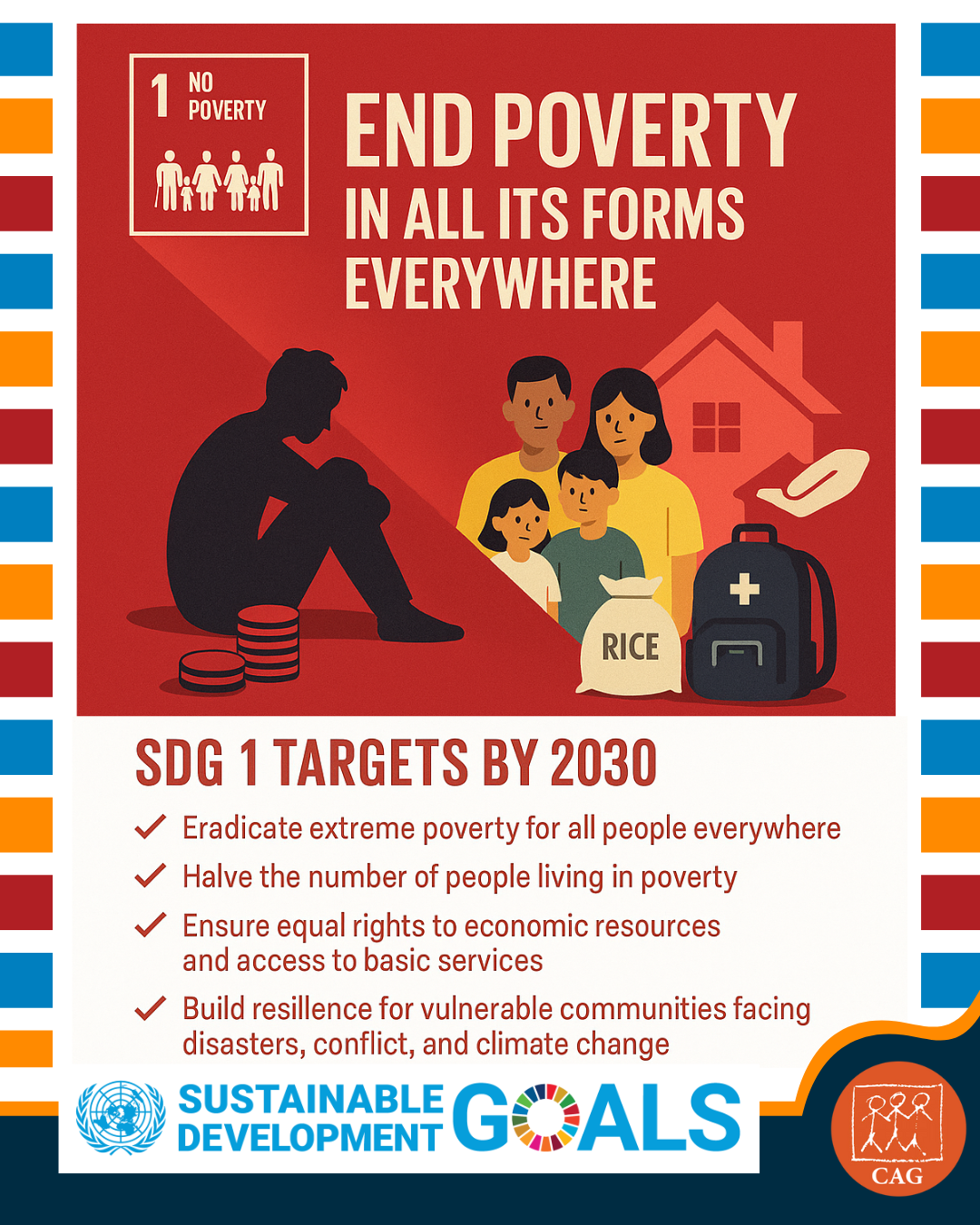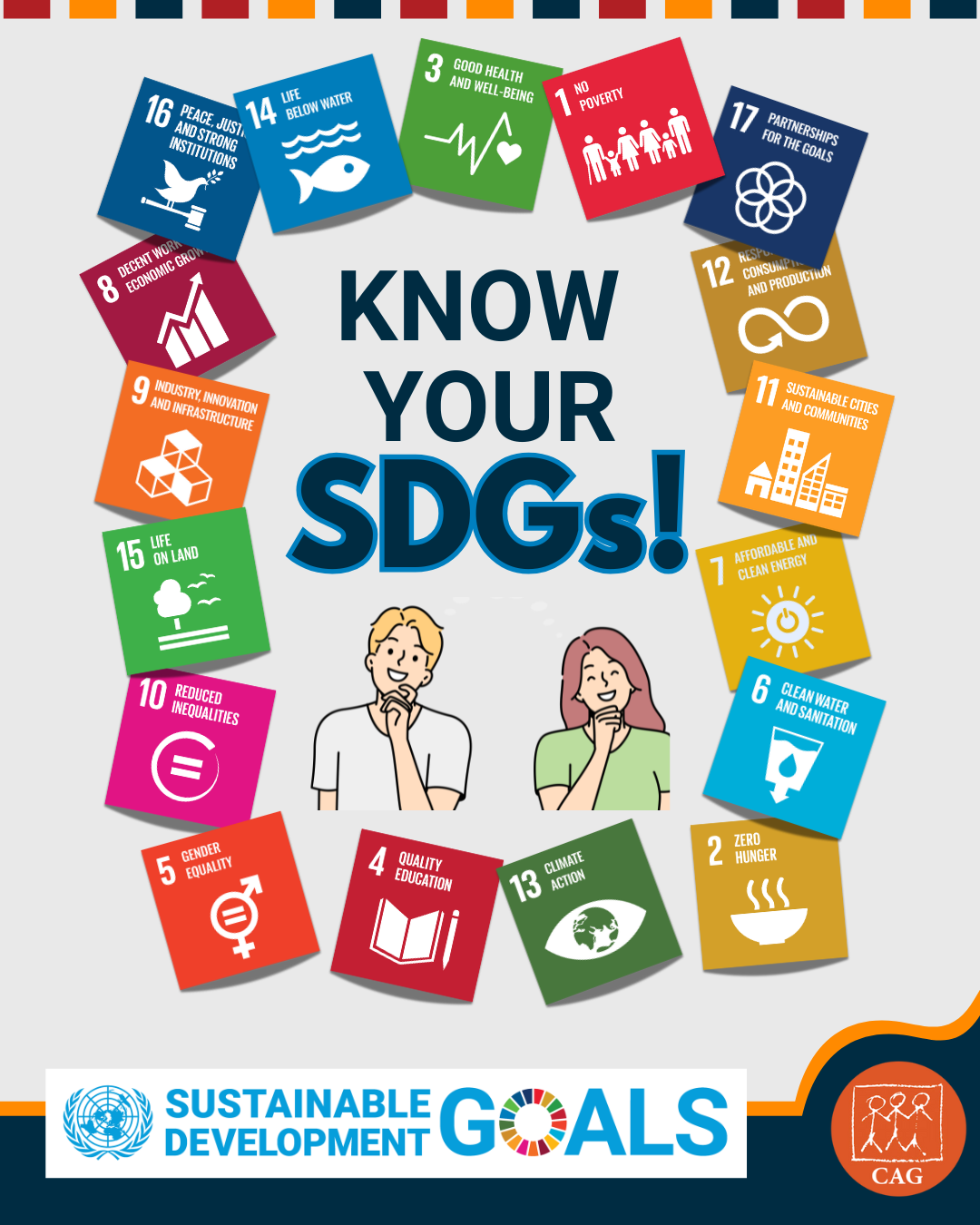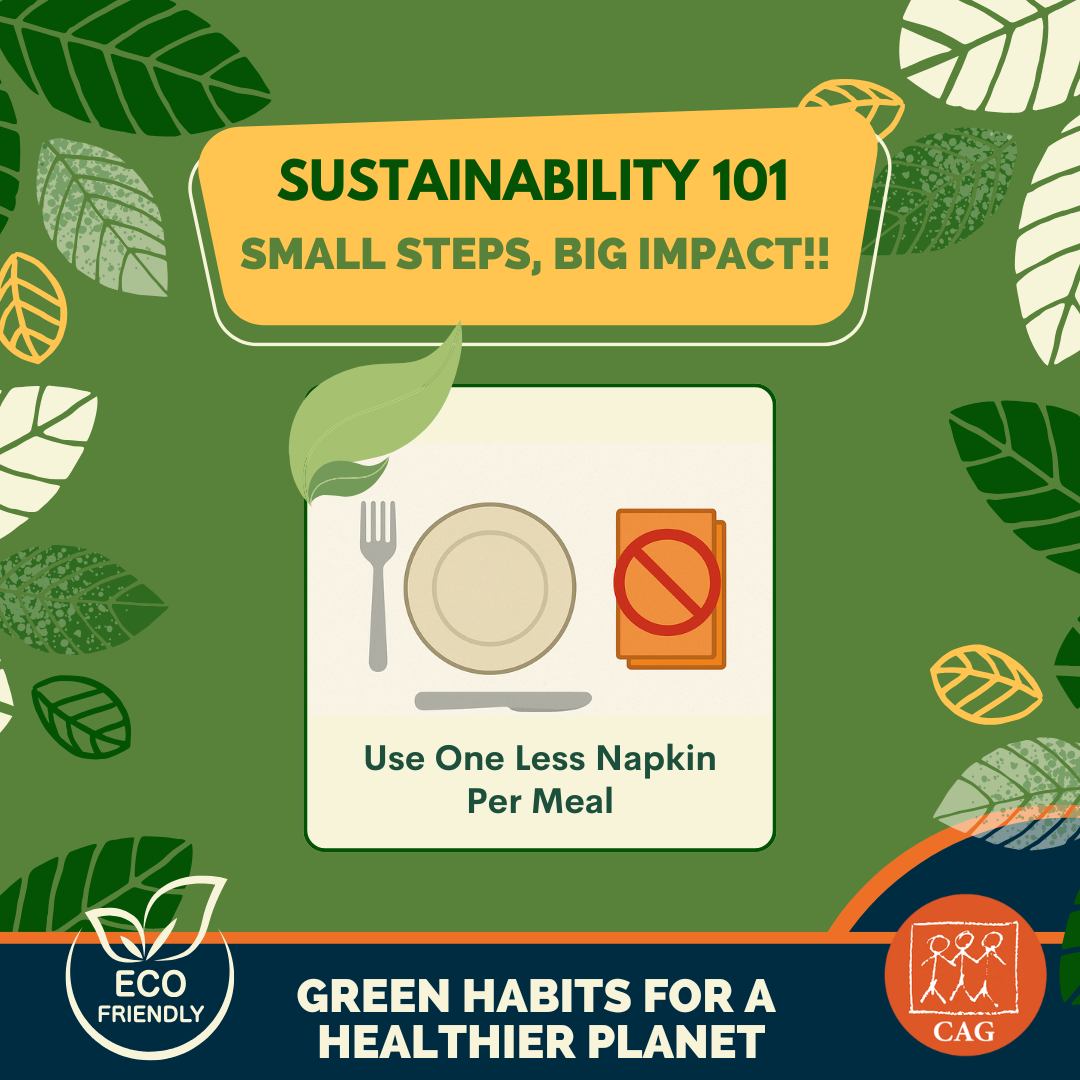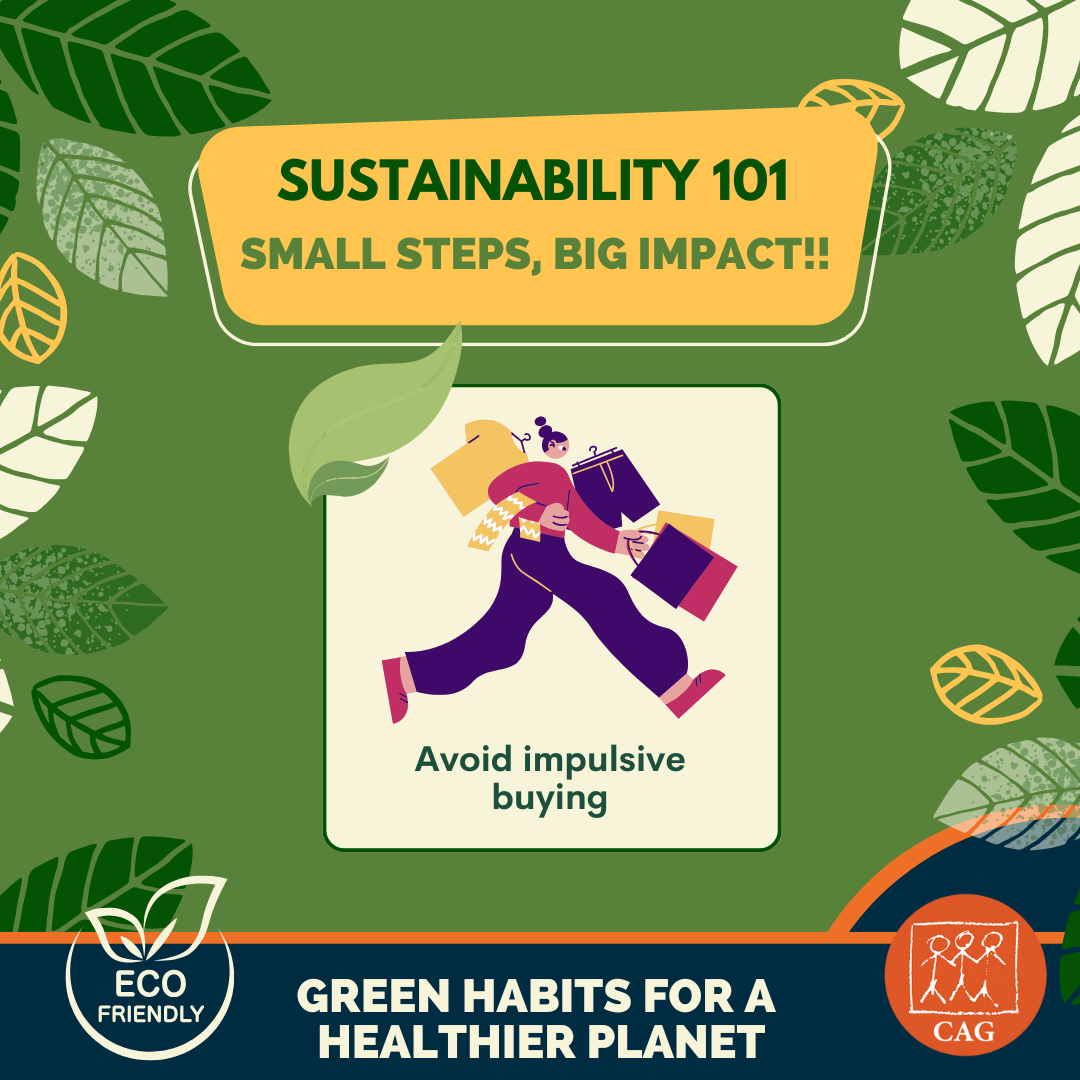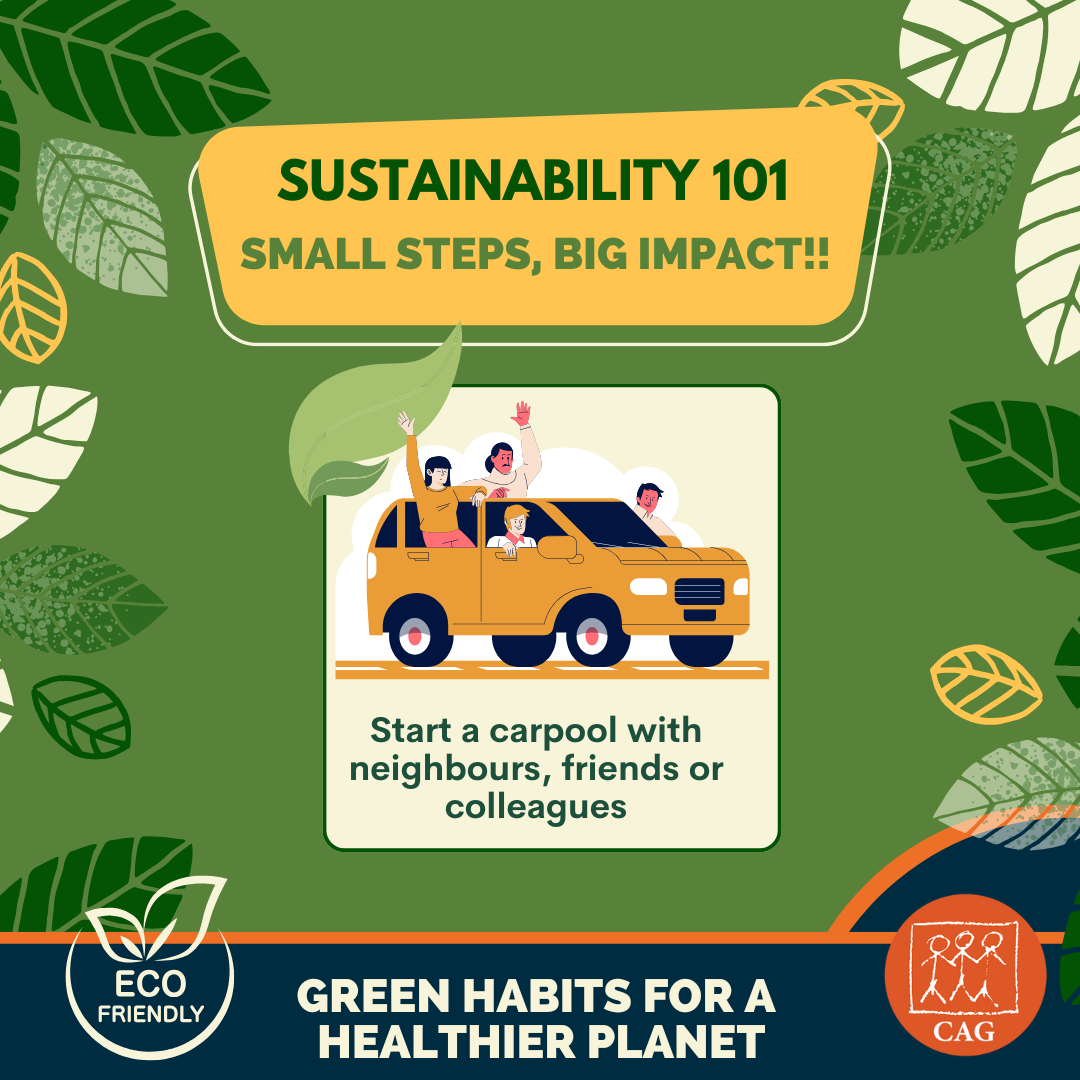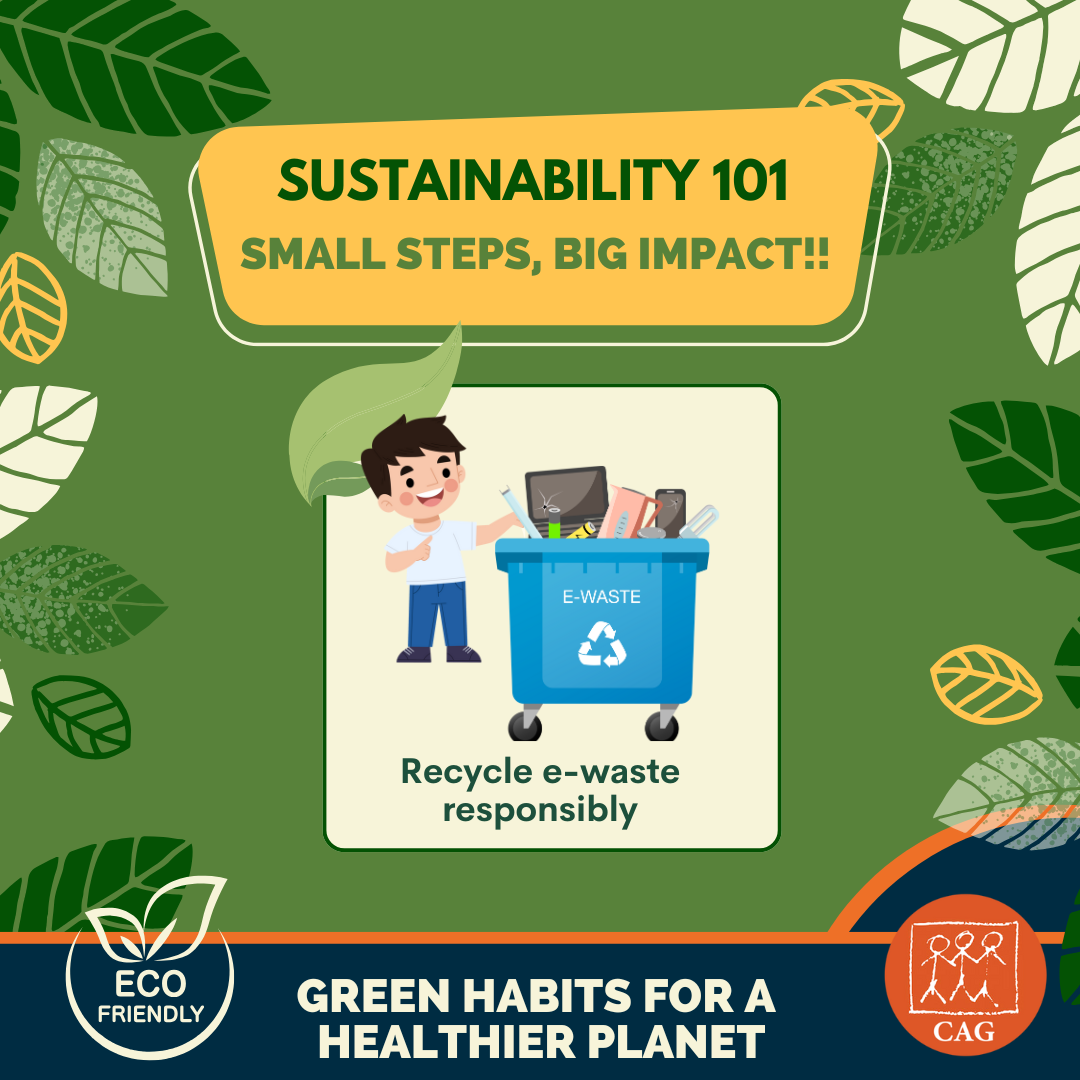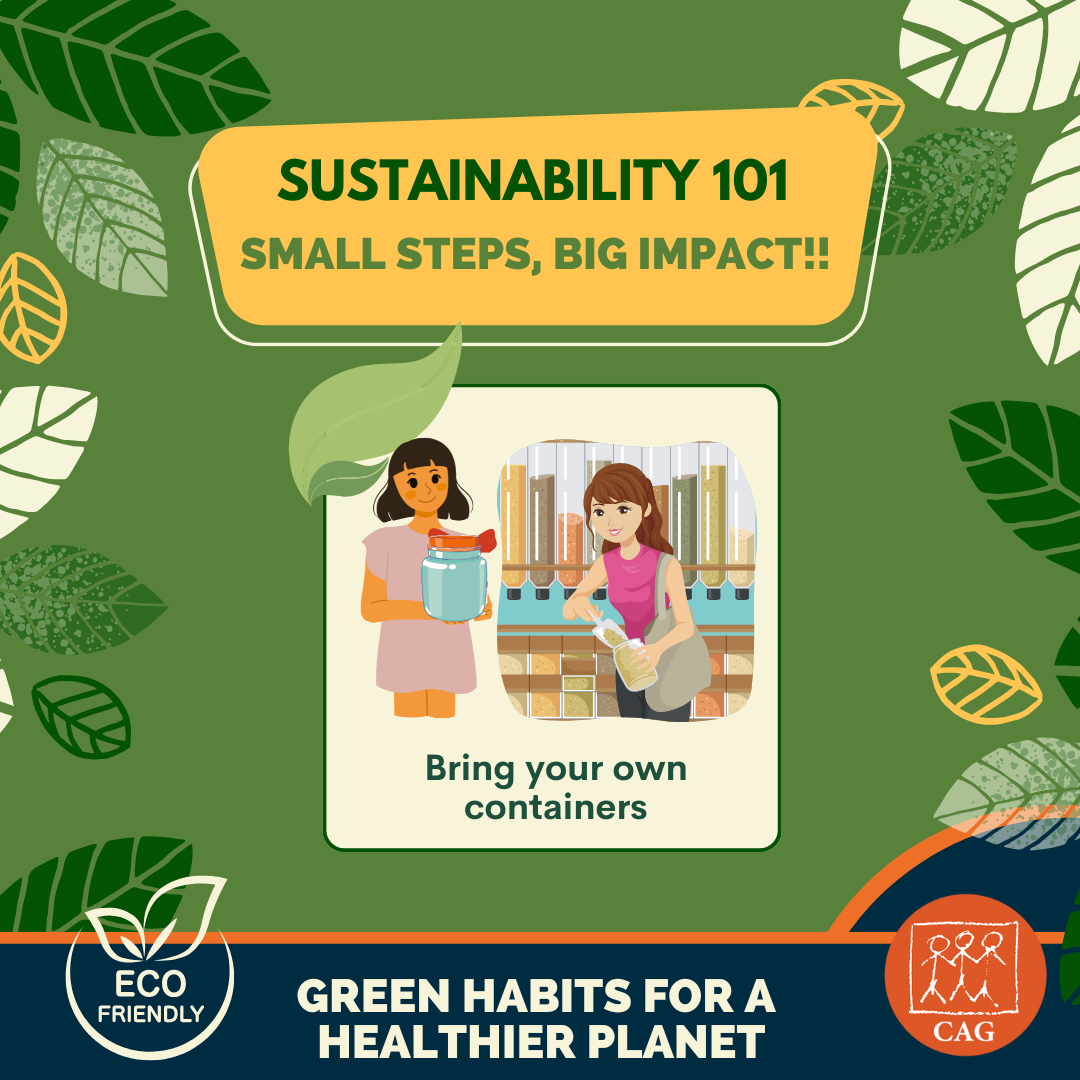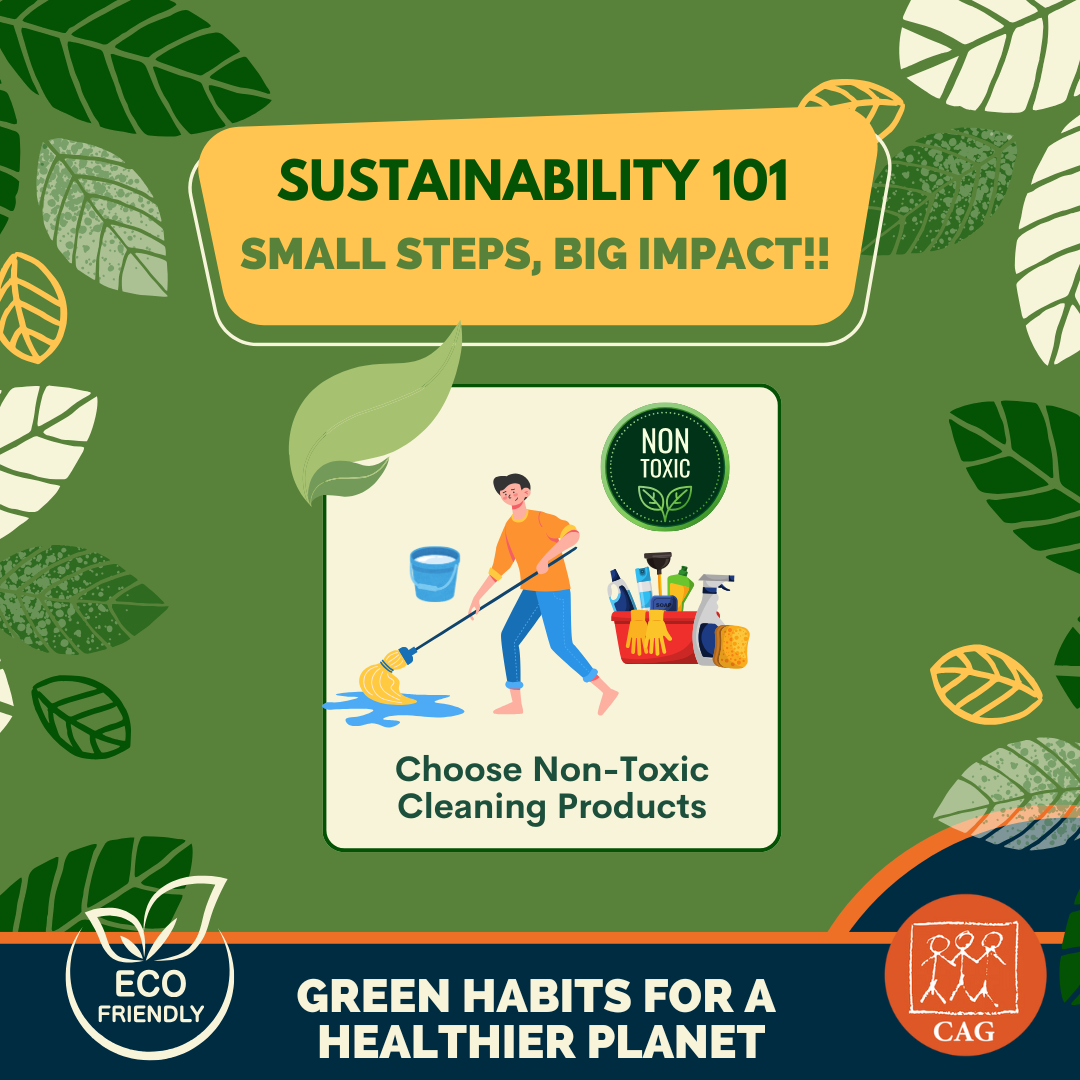Sustainable Development Goals (SDGs)- End poverty
At present, almost 700 million people, that is 8.5% of the global population, live in extreme #poverty, struggling to meet basic needs like food, healthcare & shelter. Together, we can create a world where every person lives with dignity & opportunity. #SDG1 #NoPoverty #KnowYourSDGs
